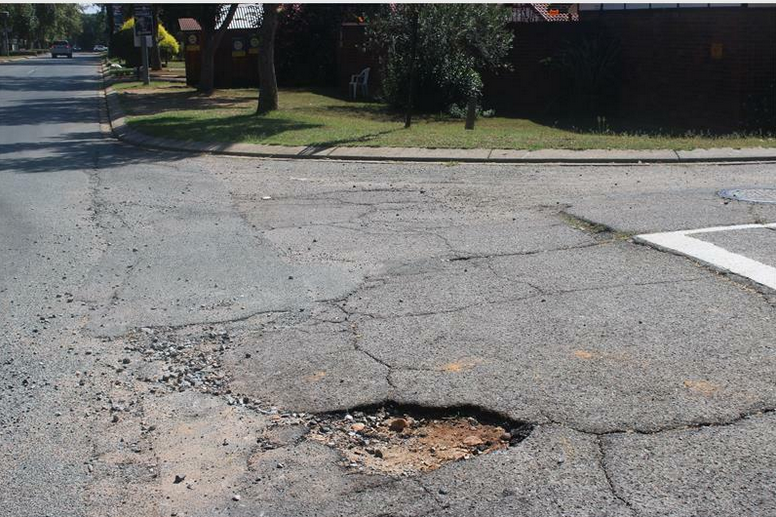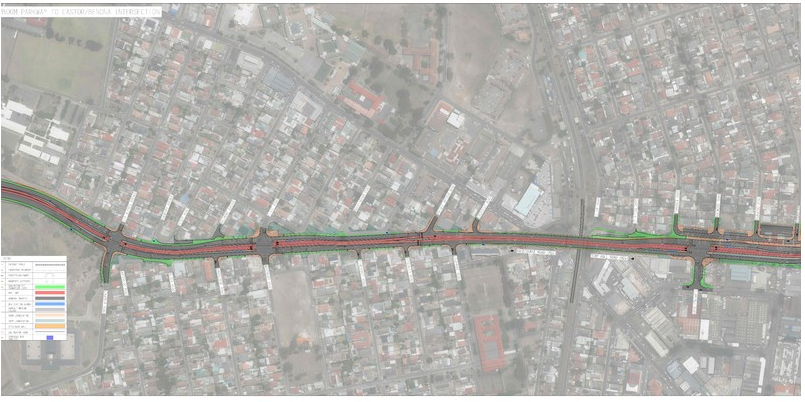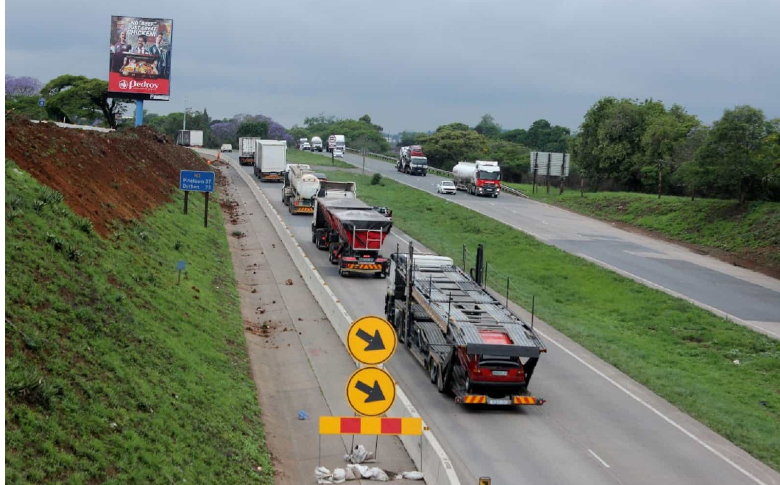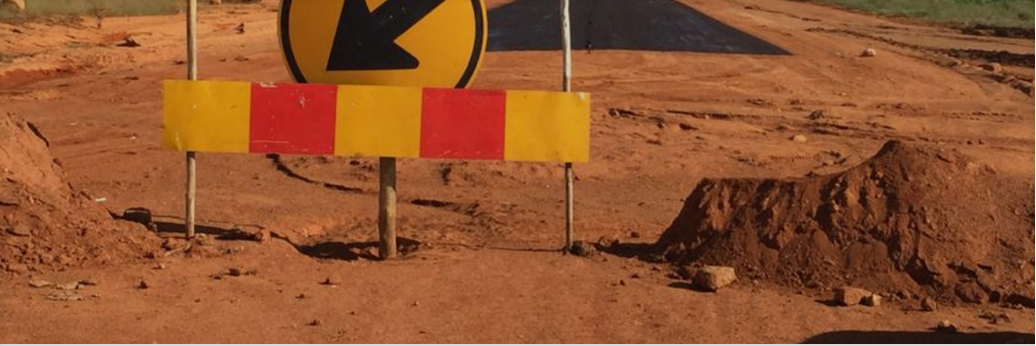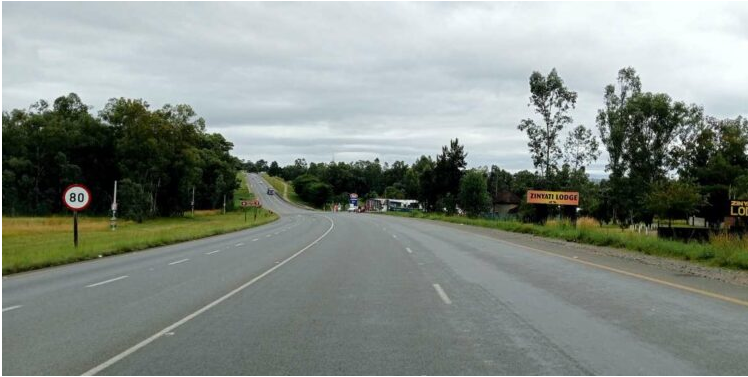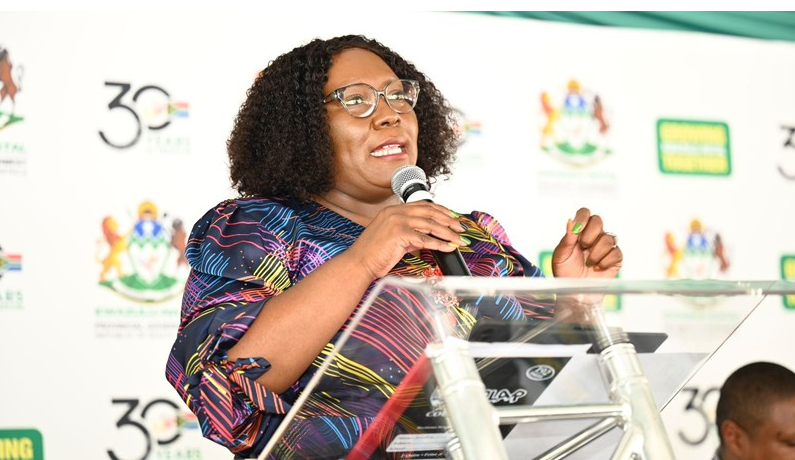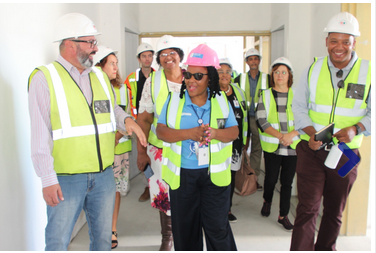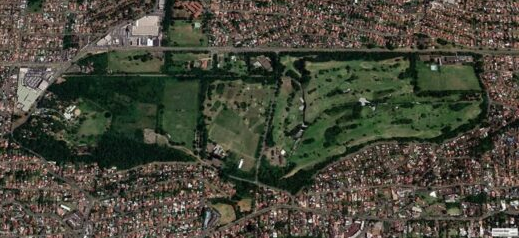ASAQS launches programme to support quantity surveying students

28-04-2017
Read : 246 times
Bizcommunity.com
Source
The skills shortage in the South African built environment is exacerbated by a lack of transformation, retiring baby boomers, too few formalised training and apprenticeship programmes, as well as a lack of funds to support minority groups who are studying towards qualifications within the industry.
This is according to Larry Feinberg, executive director at the Association of South African Quantity Surveyors (ASAQS), who says that industry bodies such as ASAQS have a key role to play in promoting growth and transformation in the industry.
“Besides the initiatives that have been launched by the private sector and government, industry associations are the stakeholders who can take action on a grassroots-level to help alleviate skills development and transformation problems that are being faced within their sectors,” says Feinberg.
Training in the built environment
One way that ASAQS is helping to make a difference is by launching a programme that supports quantity surveying students in achieving the necessary qualifications to become registered professionals.
“Training in the built environment sector is important because it continues to provide the critical skills needed to design, construct, operate and maintain ever-increasing public and private infrastructure,” says Feinberg.
Cities around the world are becoming highly populated and often over burdened by the trend towards urbanisation. People are continually gravitating in huge numbers towards the cities and towns to find economic opportunities and in the process the capacity of current infrastructure is being tested on all fronts. Critical skills are increasingly required to provide and maintain new infrastructure such as roads, essential services and buildings, among others.
Quality education needed
“To meet this need, we require quality educational opportunities focused on the built environment which produces capacitated clients, professional quantity surveyors, engineers, project managers and skilled contractors and artisans,” Feinberg continues. “Clearly, the growing demand for infrastructure fuelled by urbanisation calls for more, not less education and training in the built environment sector. We should recognise this trend and then make every effort to match up to it.”
Feinberg expects the quantity surveying profession, along with other sectors within the construction and built environment, to be supported in their skills development and transformation endeavours through the R1.5bn Tirisano Fund, which forms part of the Voluntary Rebuild Programme (VRP) Agreement between government and seven companies found guilty of collusion during the construction of stadiums for the 2010 FIFA World Cup. The fund is focused on providing support to black students studying engineering, quantity surveying and building science, among other disciplines, and could potentially play a vital role in stimulating transformation and growth.
“ASAQS fully supports this initiative and is excited to be able to offer a training programme that can help students thrive in the built environment and graduate to become qualified quantity surveyors,” concludes Feinberg.
Recent News
Here are recent news articles from the Building and Construction Industry.
Have you signed up for your free copy yet?

